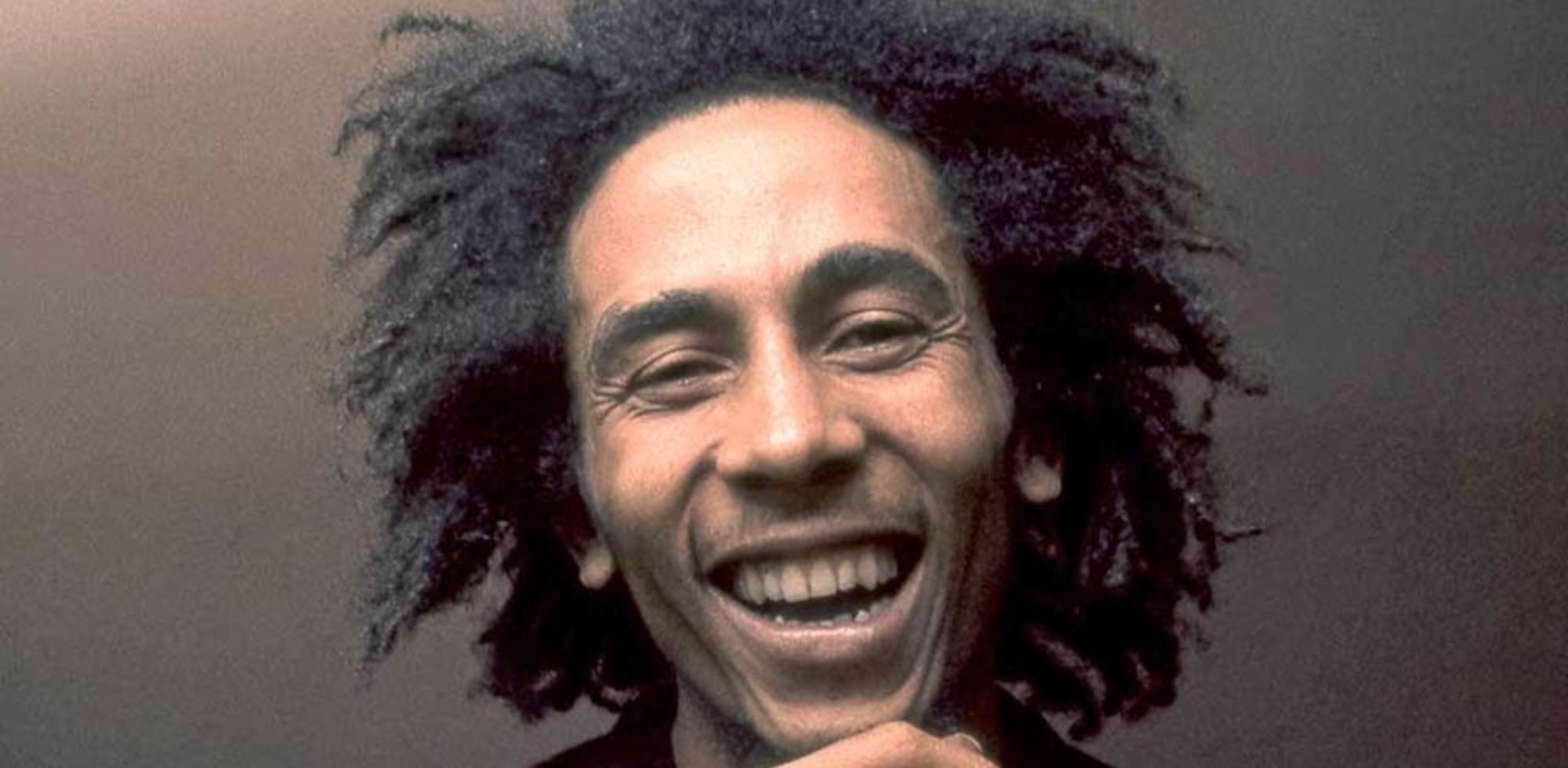Bob Marley Died Cause: The Untold Story Behind The Legend's Passing
When we talk about Bob Marley, we're not just talking about a musician. We're talking about a legend, an icon, and a voice for change. But what exactly happened that led to Bob Marley's death? If you've ever wondered about the cause of his passing, you're not alone. This article dives deep into the truth behind Bob Marley's death, uncovering the real story and the lessons we can learn from it.
Bob Marley’s music has touched millions of lives, and his legacy lives on decades after his passing. But the circumstances surrounding his death have sparked curiosity, rumors, and even conspiracy theories. In this article, we’ll break down the facts and set the record straight.
From his early days in Jamaica to his rise as a global reggae superstar, Bob Marley lived a life that was as inspiring as it was challenging. His untimely death at the age of 36 left the world in shock, but the truth is more complex than many realize. So, let’s get started and uncover the real story behind Bob Marley died cause.
Read also:Exploring The Influence Of Lays Peace Erome On Modern Society
Who Was Bob Marley?
Before we dive into the cause of Bob Marley’s death, let’s take a moment to understand who he was. Bob Marley, born Nesta Robert Marley on February 6, 1945, in Nine Mile, Jamaica, was more than just a musician. He was a cultural ambassador, a spiritual leader, and a symbol of peace and unity. His music spoke to the struggles of the oppressed and became a voice for the voiceless.
Bob Marley’s Journey to Fame
Bob’s journey wasn’t easy. Growing up in Jamaica during a time of political and social turmoil, he faced challenges that shaped his music and his worldview. His early collaborations with Peter Tosh and Bunny Wailer as part of The Wailers laid the foundation for his success. But it was his solo work that truly cemented his legacy.
Tracks like "No Woman, No Cry," "One Love," and "Redemption Song" became anthems for generations, transcending cultural and geographical boundaries. Bob Marley’s music wasn’t just entertainment; it was a movement.
Bob Marley Died Cause: The Medical Truth
Now, let’s get to the heart of the matter. Bob Marley passed away on May 11, 1981, at the age of 36. The official cause of death was melanoma, a form of skin cancer. But how did this happen to someone so young and seemingly healthy? Let’s break it down.
The Early Signs
Bob first noticed something was wrong in 1977 when he injured his toe during a soccer game. At first, he thought it was a minor injury, but the wound didn’t heal as expected. When he finally sought medical attention, doctors discovered a malignant melanoma under the nail of his toe.
Despite the diagnosis, Bob refused amputation, citing his Rastafarian beliefs and his love for playing soccer. This decision ultimately led to the cancer spreading to other parts of his body, including his lungs and brain.
Read also:Exploring Free Remote Access Solutions For Iot Devices
Debunking the Myths
Over the years, various theories have emerged about Bob Marley’s death. Some claim it was a conspiracy, while others suggest he was poisoned. But the truth is much simpler, and it’s rooted in medical facts. Here’s a quick rundown of some common myths:
- Conspiracy Theories: Some people believe Bob was targeted because of his activism. While it’s true he faced threats due to his political stance, there’s no evidence to support this claim.
- Poisoning: Another theory suggests Bob was poisoned. However, medical records clearly indicate melanoma as the cause of death.
- Delayed Treatment: Some argue that if Bob had sought treatment earlier, he might have survived. While this is true to some extent, the cancer had already progressed by the time it was diagnosed.
Bob Marley’s Legacy
Even though Bob Marley’s life was cut short, his legacy continues to inspire millions around the world. His music remains timeless, and his message of love, peace, and unity resonates more than ever. But what can we learn from his story?
Lessons from Bob Marley’s Life
Bob’s life teaches us the importance of listening to our bodies and seeking medical help when something feels off. It also reminds us to live life to the fullest and to use our voices for good. Here are a few key takeaways:
- Health Awareness: Bob’s story highlights the importance of early detection and treatment of serious illnesses.
- Pursuing Passion: Despite his challenges, Bob never stopped doing what he loved. His passion for music and activism inspired countless others.
- Legacy Matters: Bob’s music continues to impact lives long after his passing, proving that true legacy transcends time.
Biography of Bob Marley
Before we move on, let’s take a closer look at Bob Marley’s life. Below is a summary of his personal and professional life:
| Full Name | Nesta Robert Marley |
|---|---|
| Birth Date | February 6, 1945 |
| Birth Place | Nine Mile, Jamaica |
| Occupation | Singer, Songwriter, Activist |
| Spouse | Rita Marley |
| Children | 12 (including Ziggy Marley and Stephen Marley) |
Bob Marley’s Influence on Music
Bob Marley’s impact on music cannot be overstated. He introduced reggae to the world and helped it gain international recognition. His music addressed social issues, promoted peace, and encouraged unity. Here are some of his most iconic tracks:
- No Woman, No Cry
- One Love/People Get Ready
- Redemption Song
- Three Little Birds
- Buffalo Soldier
These songs have become timeless classics, proving that Bob’s music will continue to inspire generations to come.
Bob Marley’s Activism
Beyond his music, Bob Marley was also a passionate activist. He used his platform to speak out against injustice and promote peace. His famous One Love Peace Concert in 1978 is a testament to his commitment to unity. During the concert, he famously brought together Jamaica’s two warring political leaders, Michael Manley and Edward Seaga, on stage.
The Impact of His Activism
Bob’s activism extended beyond Jamaica. He became a symbol of hope for oppressed people around the world. His message of love and unity resonated with people from all walks of life, proving that music can be a powerful tool for change.
Remembering Bob Marley
Bob Marley’s death was a tragic loss, but his legacy lives on. His music, activism, and personal beliefs continue to inspire millions. As we reflect on his life and death, let’s remember the lessons he taught us and the impact he made on the world.
How You Can Honor His Legacy
There are many ways to honor Bob Marley’s legacy. Here are a few ideas:
- Listen to his music and share it with others.
- Learn about his activism and the causes he supported.
- Support organizations that promote peace, justice, and equality.
Conclusion
Bob Marley’s death was a devastating loss for the world, but his legacy continues to inspire and influence millions. The cause of his death, melanoma, serves as a reminder of the importance of early detection and treatment. His life and music teach us valuable lessons about passion, purpose, and legacy.
So, the next time you listen to one of Bob’s songs, take a moment to reflect on his impact and the message he shared with the world. And remember, as Bob once said, "Emancipate yourselves from mental slavery; none but ourselves can free our minds."
Now it’s your turn. Share your thoughts in the comments below. What does Bob Marley’s legacy mean to you? And don’t forget to share this article with your friends and family!
Table of Contents
- Who Was Bob Marley?
- Bob Marley Died Cause: The Medical Truth
- Debunking the Myths
- Bob Marley’s Legacy
- Biography of Bob Marley
- Bob Marley’s Influence on Music
- Bob Marley’s Activism
- Remembering Bob Marley
- Conclusion


